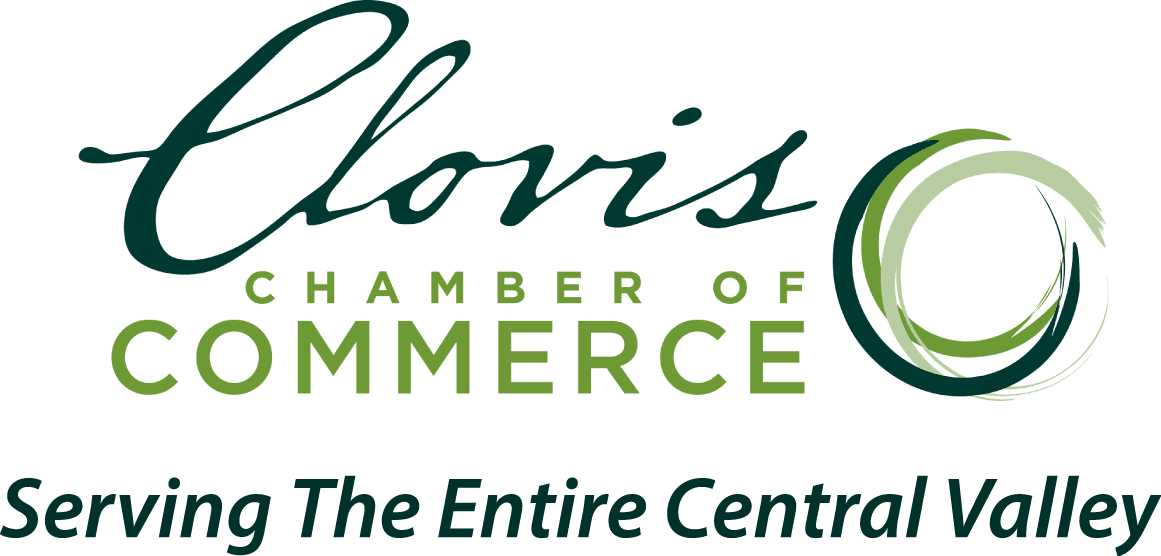Wills & Trust Lawyers in Clovis
What Is an Estate Plan?
Almost everyone over the age of 18 has an estate, whether you realize it or not. One’s estate is anything they own, including money, possessions, property, retirement plans, and any other assets.
An estate plan, then, involves laying out how your property and assets will be handled when you die. They are of vital importance because, although we may not like to think about it, all of us are going to pass away at some point. By crafting a legally binding estate plan beforehand, you get to designate who gets what property, name someone to handle your affairs, avoid probate, and possibly avoid expensive tax consequences as well.
Components of an Estate Plan
Each individual is different; therefore, so is each estate plan. We will work closely with you to help you map out all your assets and determine the route that works best for you. While some people require extensive planning and complicated wills, trusts, and other documents, others may be better off with something far more straightforward. We will help you establish what is best for you during a free case evaluation.
Documents typically included in an estate plan include:
- Wills: The primary goal of a will is to delegate where your assets will go after you pass away. If you die without a will, the state gets involved and a court will determine the distribution of your assets.
- Trusts: Trusts function similarly to wills, though there are many kinds—including a “revocable living trust” which can be created with the specific intention of avoiding probate. Unlike wills, trusts can apply to you while you live as well as after your death.
It is possible to have both a will and a trust, but you may decide you don’t need both. While it’s entirely up to you, we can help you determine which documents are best for you.
Though these are often the main components, others may include:
- Power of attorney: A POA is an important legal document that allows you to appoint a person or entity to manage your assets and affairs if you become unable to do so. This includes situations in which you may be missing or incapacitated as well as deceased.
- Advance directives: A written legal statement that lays out decisions such as end-of-life treatment should you be in a state in which you are unable to speak for yourself.
Our Estate Planning Approach
We take a holistic approach to estate planning at Hemb Law Group. We pay close attention to how the decisions you make will affect other areas of your life and we develop well-rounded plans to address all of your concerns.
At the initial meeting, we will discuss your needs and goals for your estate plan. We will also gather detailed information about you and your financial situation.
Then, we will carefully explain different strategies and estate planning tools such as:
- Wills
- Trusts
- Retitling of assets to avoid probate
- Lifetime gifts
- Powers of attorney
- Durable health powers of attorney
Estate planning can be difficult and complex, but we make sure our clients are fully informed before making any decisions. We will evaluate the strengths or weaknesses of different plans based on our clients’ specific goals. Call us today!





